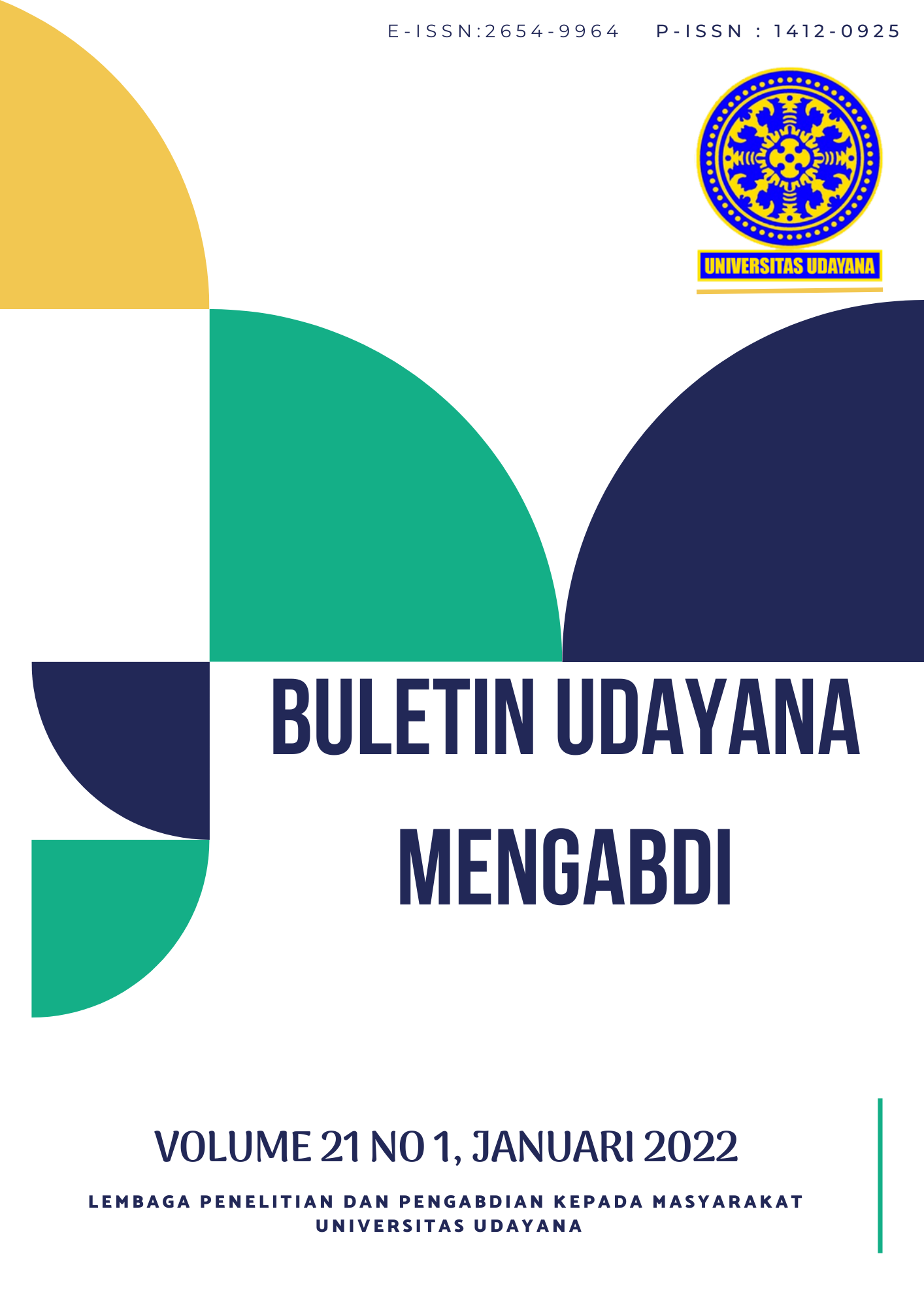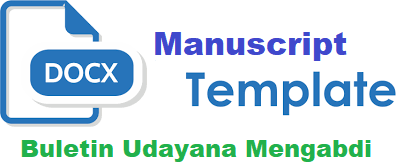URGENSI PENDIDIKAN ANTI KORUPSI PADA SEKOLAH MENENGAH KEJURUAN MELALUI SOSIALISASI
Abstract
This community service aims to socialize the urgency of anti-corruption education in the teaching and learning process which emphasizes the application of anti-corruption values and principles. This activity provides an understanding of the importance of studying and understanding the values and principles of anti-corruption as a preventive effort in eradicating corruption. This community service uses field data (field research) to find out the symptoms that occur in the community then uses library data (library research) in finding service materials related to anti-corruption values and principles then activities are carried out using the lecture method which ends with a discussion. As a result of this activity students gain new knowledge about preventive measures to eradicate corruption that they can apply in the school, home and community environment, besides that teachers also understand their plans as agents of change who are able to develop psychologically their students with systemic education related to eradicating corruption. Participants are motivated to apply anti-corruption values and principles in the school environment.
Keywords: Schools, anti-corruption, education.
Downloads
References
Faizah, S. N., dan Shaleh F. R. (2020). Penamaan Nilai Anti-Korupsi Melalui Sosialisasi Pendidikan Anti Korupsi di MI Bustanut Thalabah. Jurnal Abdimas Berdaya : Jurnal Pembelajaran, Pemberdayaan dan Pengabdian Masyarakat, Vol. 1 No. 2. h. 116-123.
Hidayah, A. N. (2018). Analisis Aspek Hukum Tindak Pidana Korupsi dalam Rangka Pendidikan AntiKorupsi, Kosmik Hukum, Vol. 18, No. 2. DOI: 10.30595/kosmikhukum.v18i2.3447
Marbun, R. G., Sitompul, I. L., Halawa, M., Pasa, I. P. M., & Purba, G. P. (2020). Tinjauan Yuridis Tindak Pidana Korupsi Sebagai Extra Ordinary Crime. Jurnal Ilmiah Simantek, Vol. 4, No. 3, h. 234-243.
Nanggala, A. (2020). Internalisasi Nilai-Nilai Anti Korupsi Melalui Pembelajaran Pendidikan Kewaranegaraan. Jurnal Global Citizen: Jurnal Ilmiah Kajian Pendidikan Kewarganegaraan, Vol. 9, No. 1, h. 9-23.
Pritaningtias, S. W., Barendriyas, A. S., Sabela, A., dan Utari, I. S. (2019). Implementation of Anti-Coruption Education Through Penetration Method (Penamaan 9 Nilai Karakter Anti Korupsi) the Urban Village Community of Jabungan, Indonesian Journal of Advocacy and Legal Service, Vol.1 No. 1, DOI: 10.15294/ijals.v1i1.33752.
Rasyid, M. H. (2010). Korupsi dan Masa Depan Bangsa (suatu Pendekatan Daruriyah Al-khamsah). DIKTUM: Jurnal Syariah dan Hukum, Vol. 8, No. 2, h. 122-129. DOI: https://doi.org/10.28988/diktum.v8i2.304.
Ridwan, Z. (2014). Negara Hukum Indonesia Kebalikan Nachwachterstaat, Fiat Justitia : Jurnal Ilmu Hukum, Vol.5, No, 2. DOI:https://doi.org/10.25041/fiatjustisia.v5no2.56
Setiabudhi, I. K. R., dan Putra I. P. R. A. (2020) Surveillance Urgency to Prevent Village Fund Coruption, Jurnal Magister Hukum Udayana (Uayana Master Law Journal), Vol. 9, No. 3, h. 464-481.Siregar, S. L. (2017). The Literature Review: Corruption Behaviour and Causes. Fundamental Management Journal, Vol. 2, No.1, h. 47-56

This work is licensed under a Creative Commons Attribution-ShareAlike 4.0 International License.

This work is licensed under a Creative Commons Attribution-ShareAlike 4.0 International License.




.png)


1.png) GARUDA - GARBA RUJUKAN DIGITAL
GARUDA - GARBA RUJUKAN DIGITAL



